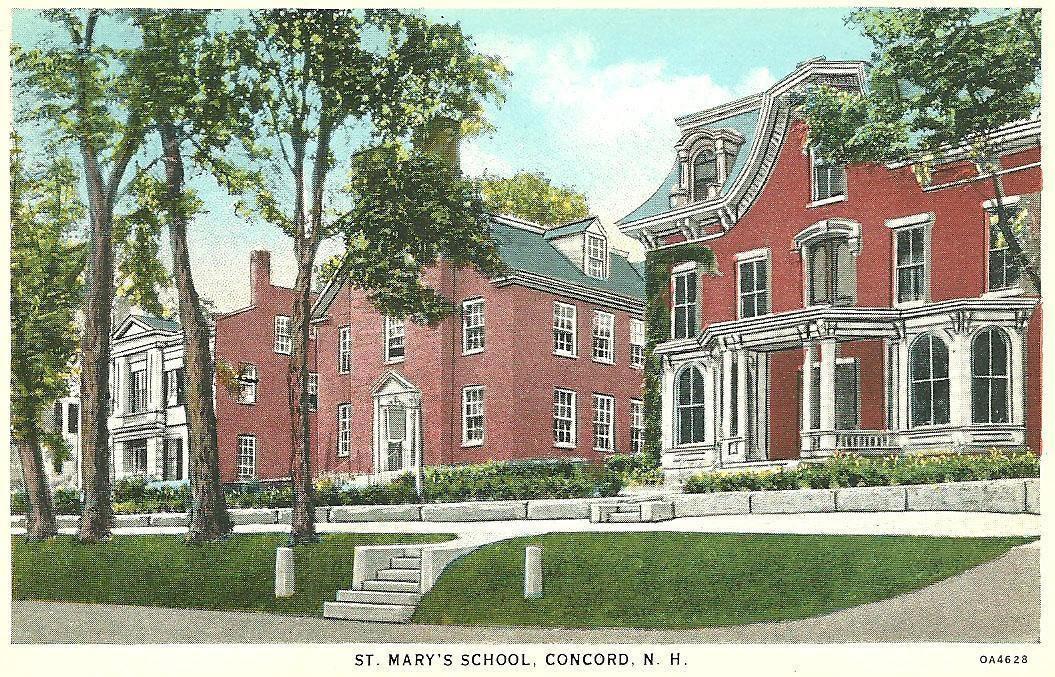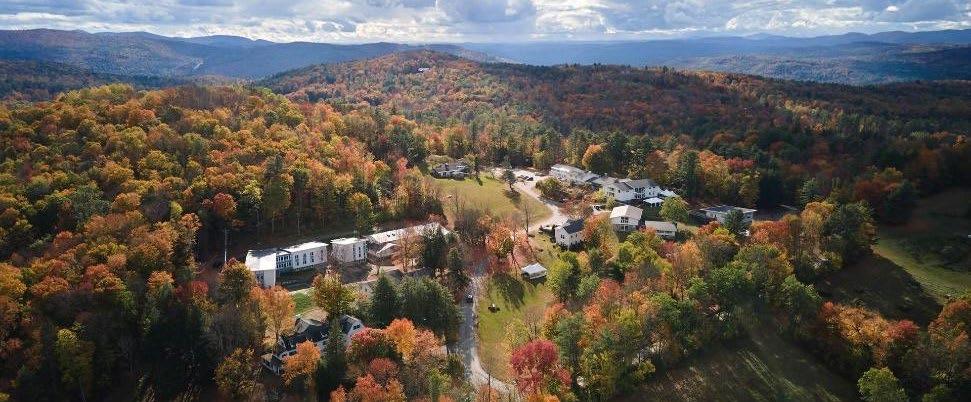
1 minute read
An Enduring Legacy of Innovation in Education
The White Mountain School was founded in 1886 as St. Mary’s School, an Episcopal school for girls located in Concord, New Hampshire. Fifty years later, Headmistress Dorothy E. McLane, outlined her plan to move the school campus to the mountains. “Aunt Dot” understood the importance of academic and athletic challenge and envisioned a beautiful, natural environment where girls could thrive – in a mountain setting that would help develop their humility and vision, “surrounded by things greater than ourselves.”
In 1935, the school operated for a year on a private estate in the town of Sugar Hill, New Hampshire. A year later, in 1936, Headmistress McLane relocated what was then St. Mary’s in the Mountains to its current home in Bethlehem. Forwardthinking leadership continued to evolve the school over the decades. In 1970, White Mountain embraced co-education, admitting boys; and two years later, changed its name to The White Mountain School.
The White Mountain School

Today: A Thriving, Diverse Community
Today’s White Mountain School is a genderinclusive, college-preparatory boarding and day school for students grades 9-12. Its purpose remains true to the development of mind, body, and spirit, and to its Episcopal heritage which serves as the foundation for celebrating the unique worth of each individual and welcoming students from diverse backgrounds and faiths from across the country and around the world. Student enrollment is diverse with one-third represented by students of color. About 15 percent of the student body is international. There is a small day-population but the majority of students are boarding. Tuition is $71K and $38K for boarding and day, respectively; offset by financial aid received by 71% percent of students at an average of $32.7k per student.
In 2019, The White Mountain Scholars Program was created to increase educational equity. Open to identifying students from low-income backgrounds across the United States, this highly competitive program provides an empowering, engaging, and affirming environment, as well as specific programming for Black, Indigenous, and people of color (BIPOC). Beyond eliminating or significantly reducing the tuition burden for Scholars and their families, the program offers financial assistance beyond the cost of tuition.






